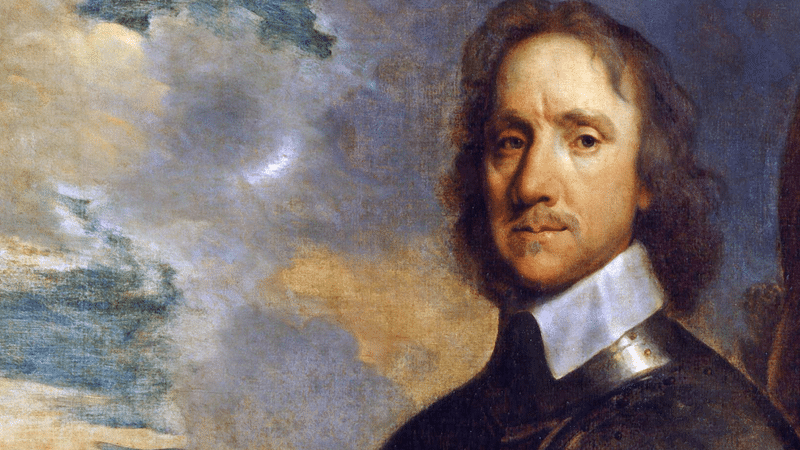Oliver Cromwell: Puritan and Protector

Oliver Cromwell is a man who divides opinion like few others, but his heart was to unite the godly, rather than foster division.
In the third of The Christian Institute’s Autumn Lectures series, Phil Arthur, former pastor at Grace Baptist Church Lancaster and lecturer of Church History at London Seminary, delved into Cromwell’s legacy.
Arthur argued that while the English Civil War and the deposition of King Charles I are the acts Cromwell will be most remembered for, it was his role as Lord Protector that bore the greatest impact on Christian believers.
Cromwell’s Christianity
The first two thirds of Cromwell’s life were lived in relative obscurity, as a gentleman farmer of minor nobility in the heartland of English Puritanism. But at some time in his adult life he was converted.
Though some today doubt the sincerity of Cromwell’s faith, as he made no mention of being influenced by particular preachers or books, his letters to his children provide evidence of his salvation.
In one letter, he implored his daughter Bridget: “let not anything cool thy affections for Christ”, adding: “That which is best worthy of love in thy husband is that of the image of Christ he bears. Look on that and love it best”.
To her husband, he wrote: “What a name hath my Father: Merciful, gracious, long-suffering, abundant in goodness and truth, forgiving iniquity, transgression and sin.”
“What a nature hath my Father: He is love; free in it, unchangeable, infinite! What a covenant between him and Christ, for all the seed, for every one, wherein he undertakes all and the poor soul nothing.”
English Civil War
In the 1640s, King Charles I angered Parliament by raising taxes without their permission, and after refusing to back down, Cromwell helped lead the parliamentary forces against the monarch.
Charles was a believer in the divine right of kings; that rulers were granted their power and sovereignty by God and were therefore unquestionable.
Parliament, however, believed kings could only rule with the consent of the people.
Charles was eventually turned over to parliamentary forces, and ultimately executed after a highly-controversial trial which many said lacked legitimacy.
Cromwell had spent months deliberating over the decision, but eventually concluded that the King – who had sparked a Second Civil War while in custody – should be held to account for the blood he had shed.
This issue of legitimacy lingered over Cromwell’s time as Lord Protector of the new Commonwealth – many believed there could be no Government without the approval of a King or Queen.
‘Of the same spirit’
In fact, he was offered the title of King, but refused, believing God had abolished the monarchy in Britain.
The Lord Protector’s time as the leader of this de facto republic was short, and marred by highly contentious military campaigns in Ireland and Scotland – the legacy of which still resonates today.
At the same time Cromwell used his rule to extend religious freedom in England.
Though a Congregationalist himself, Cromwell recognised that there were godly believers among the Anglicans, Baptists and Presbyterians, and wished for there to be no established or national church.
“let not anything cool thy affections for Christ”
He once wrote: “Presbyterians, Independents, all had the same spirit of faith and prayer; the same presence and answer; they agree here, know no names of difference; pity it is it should be otherwise anywhere.”
British historian J.C. Davis called him “a man enamoured of godliness but indifferent to its forms, provided they fell within the limits of mainstream, evangelical, Trinitarian Protestantism”.
Among his last words were: “Lord, though I am but a miserable and a wretched creature, I am in Covenant with thee through grace… It is not my design to drink or to sleep, but my design is to make what haste I can to be gone.”
